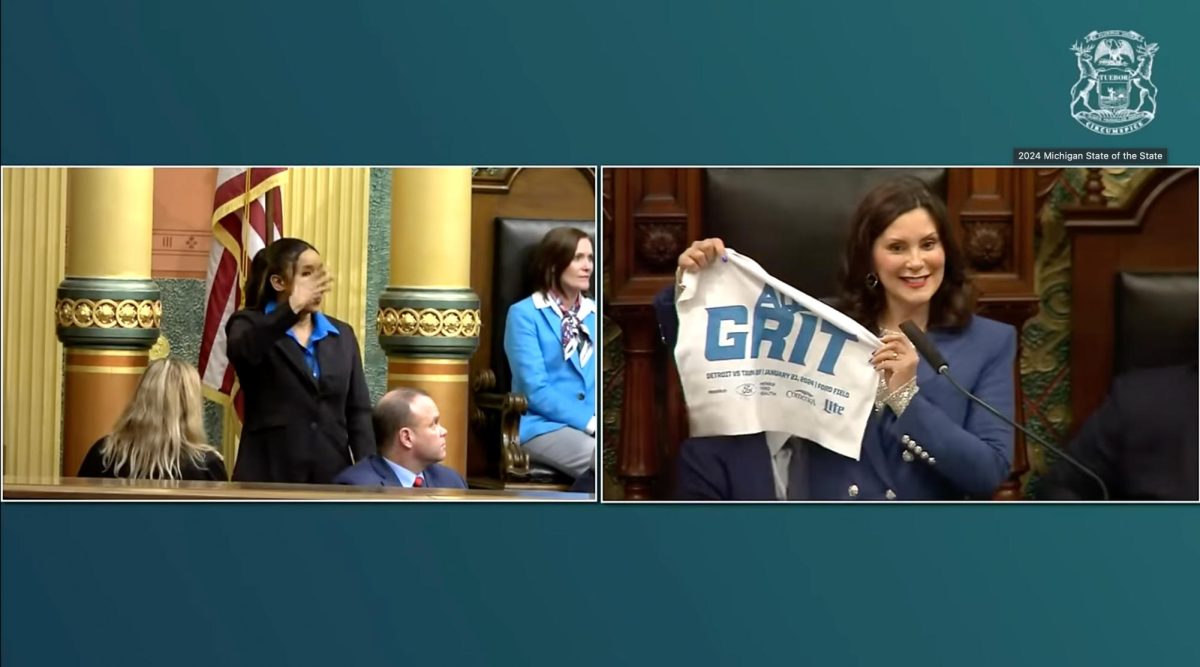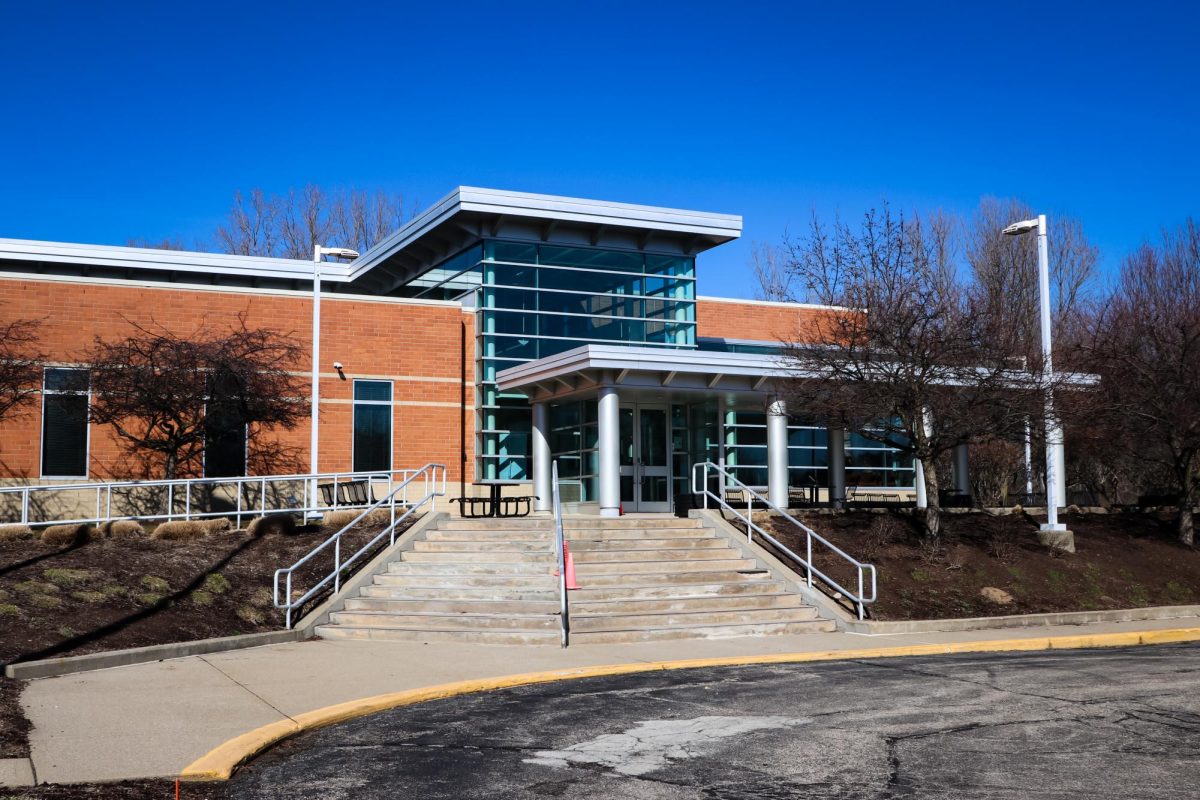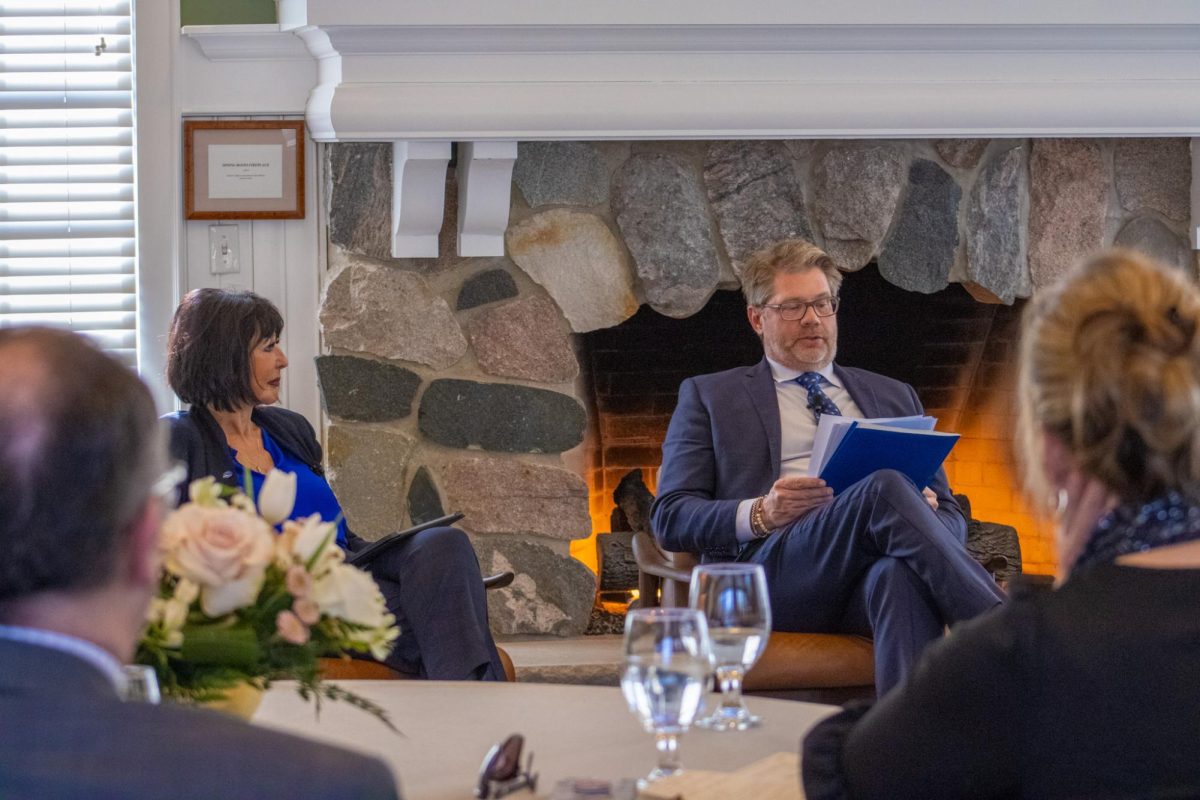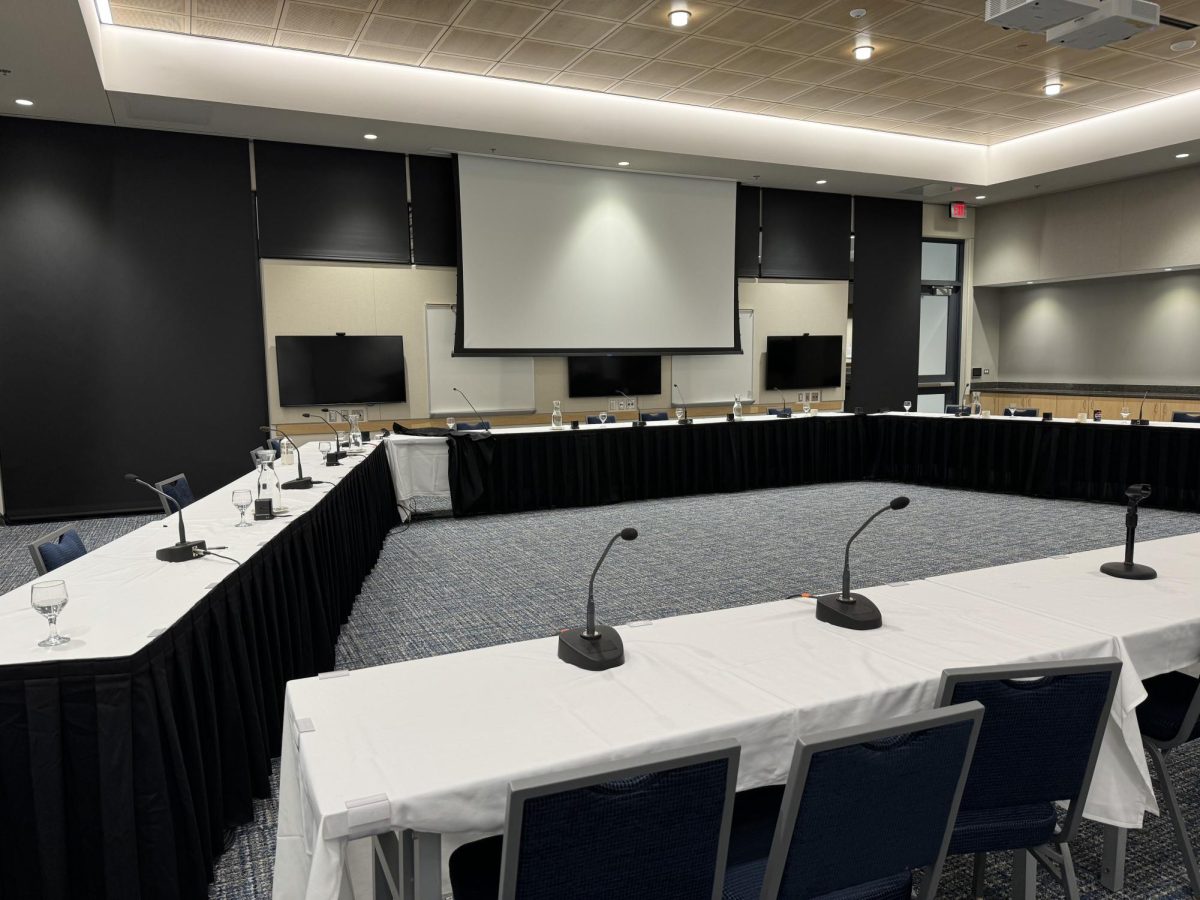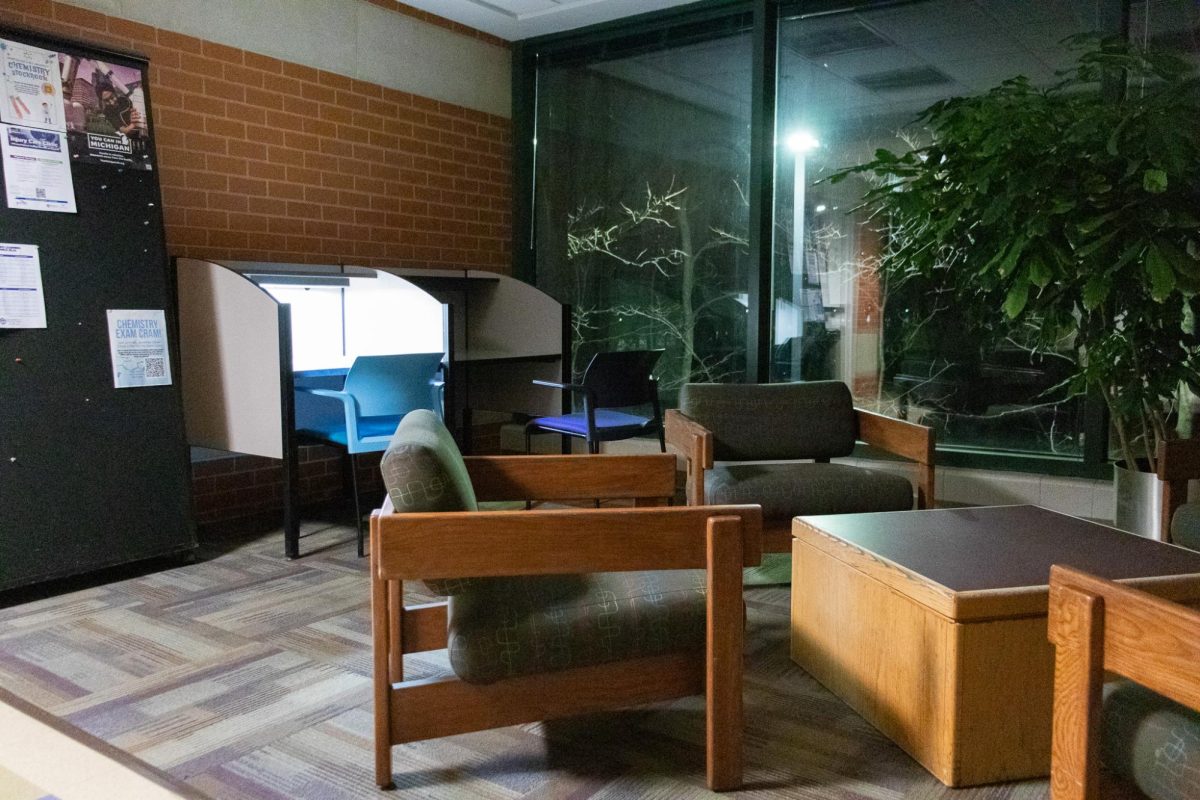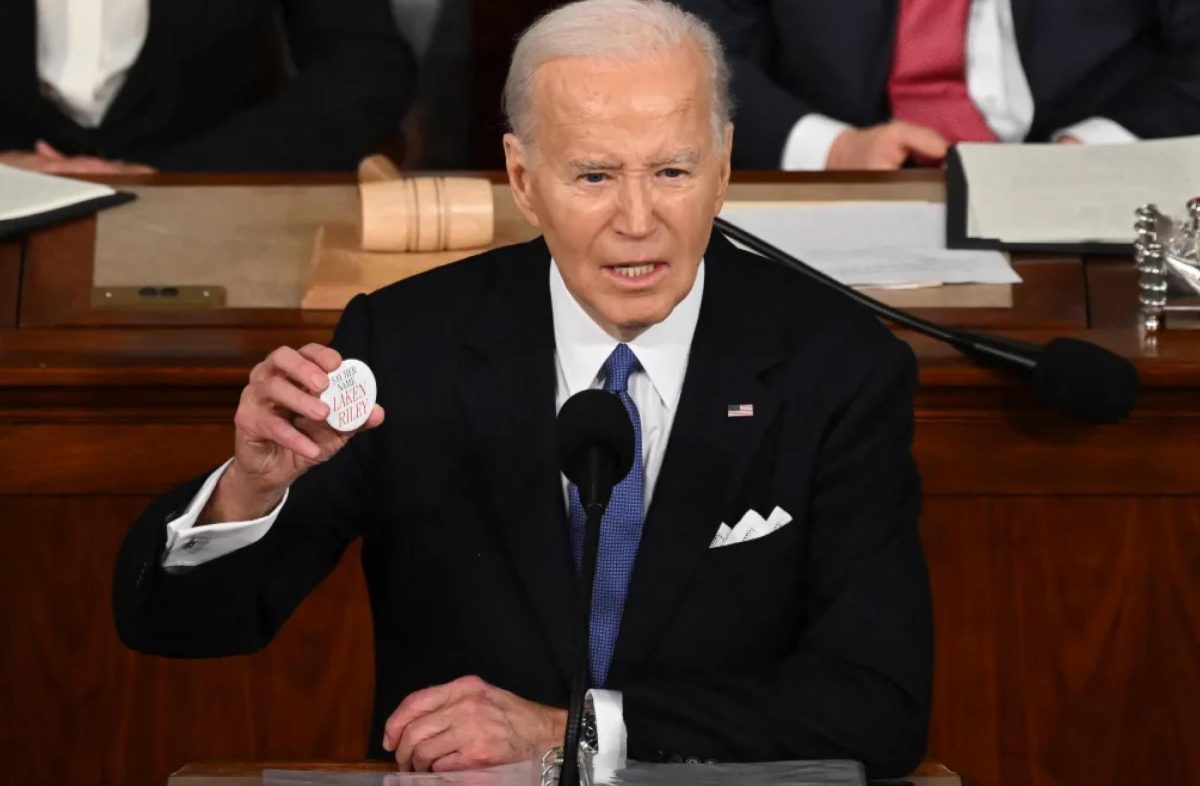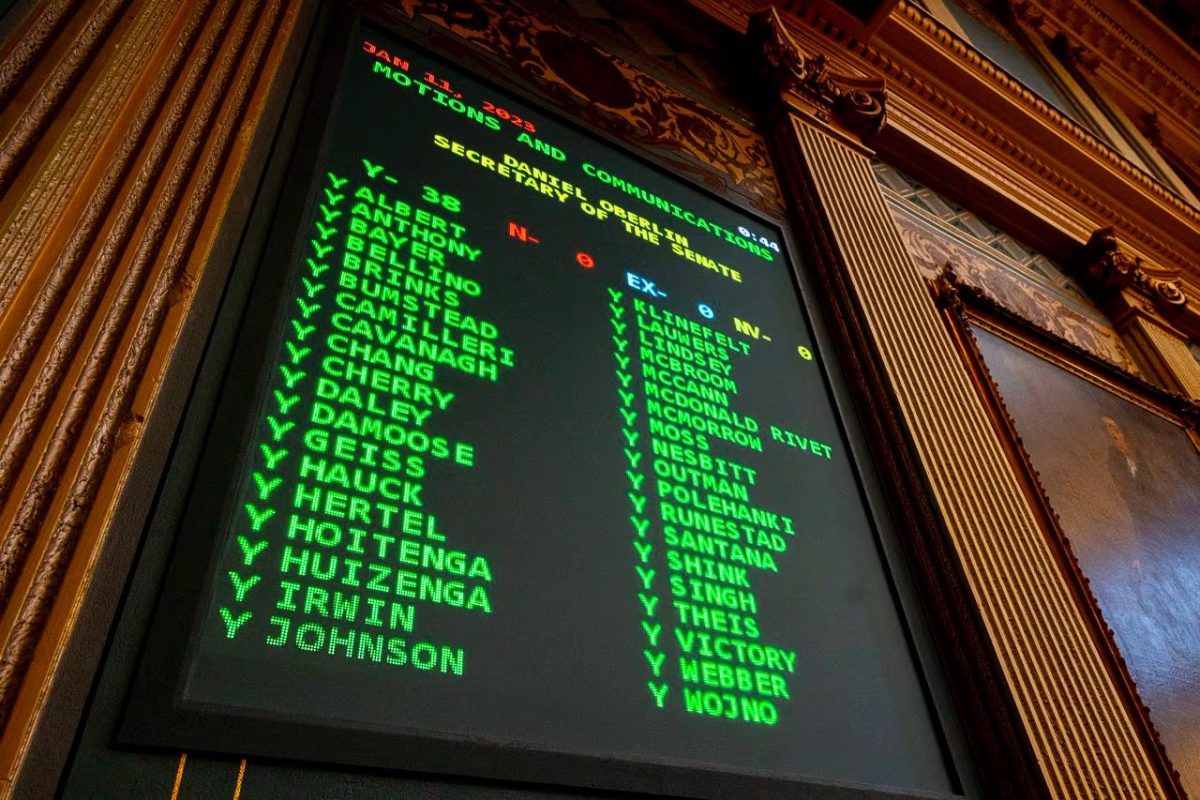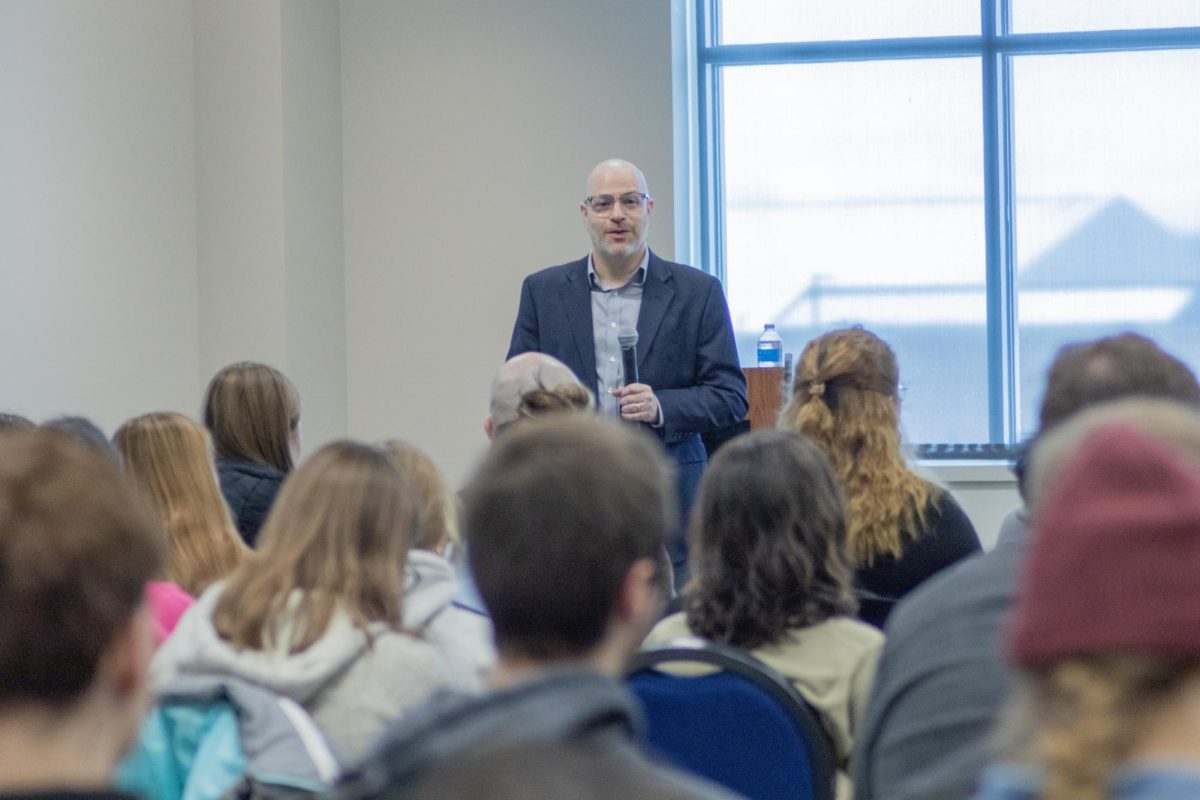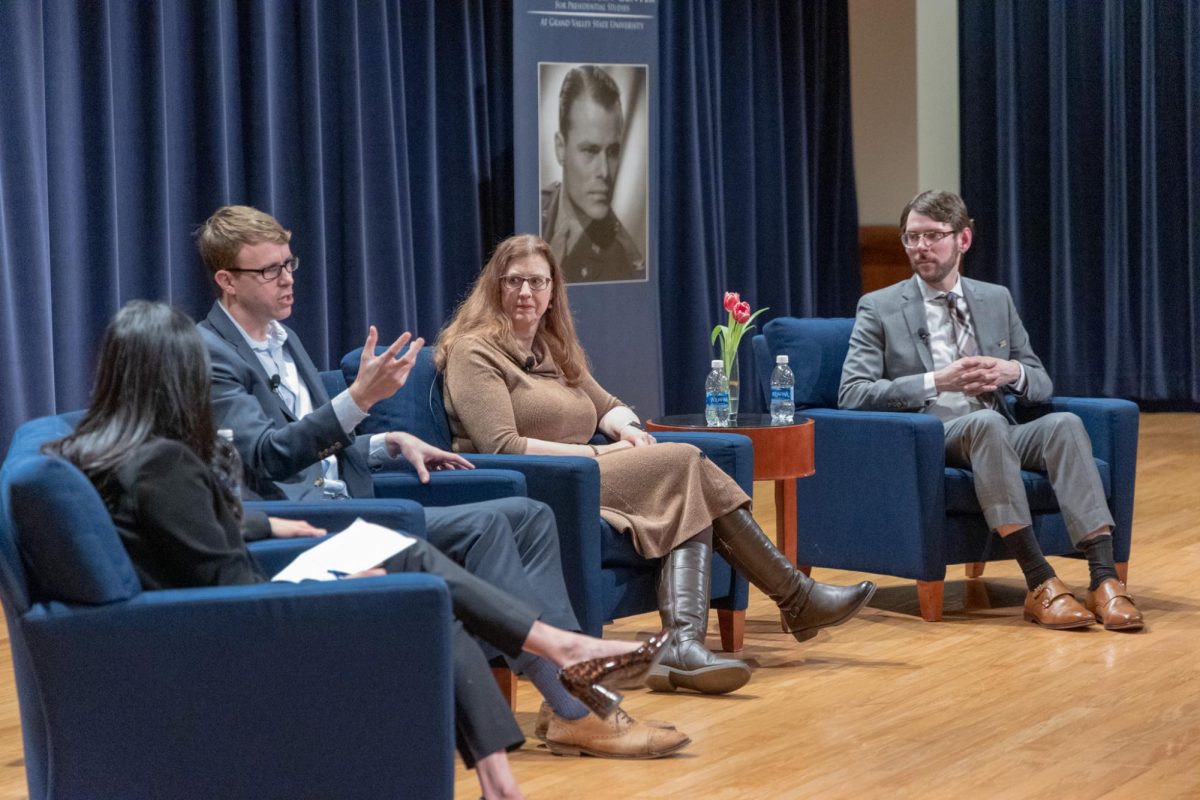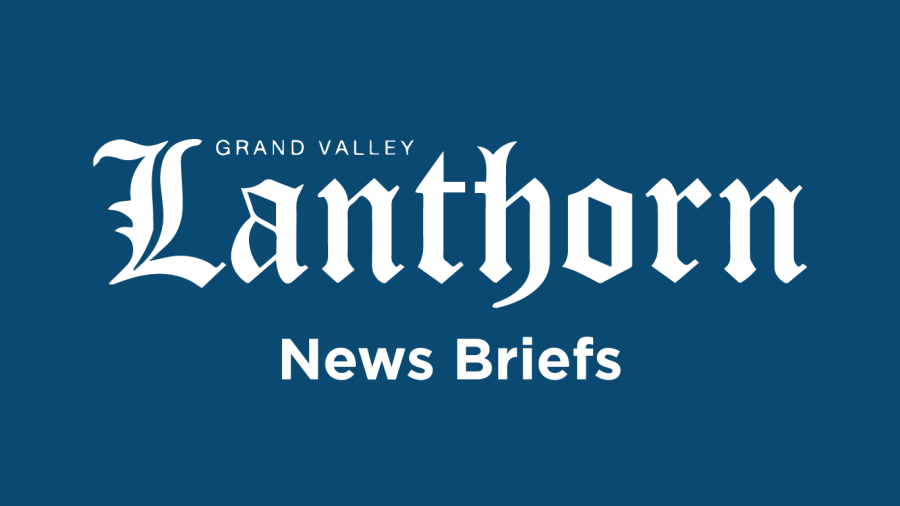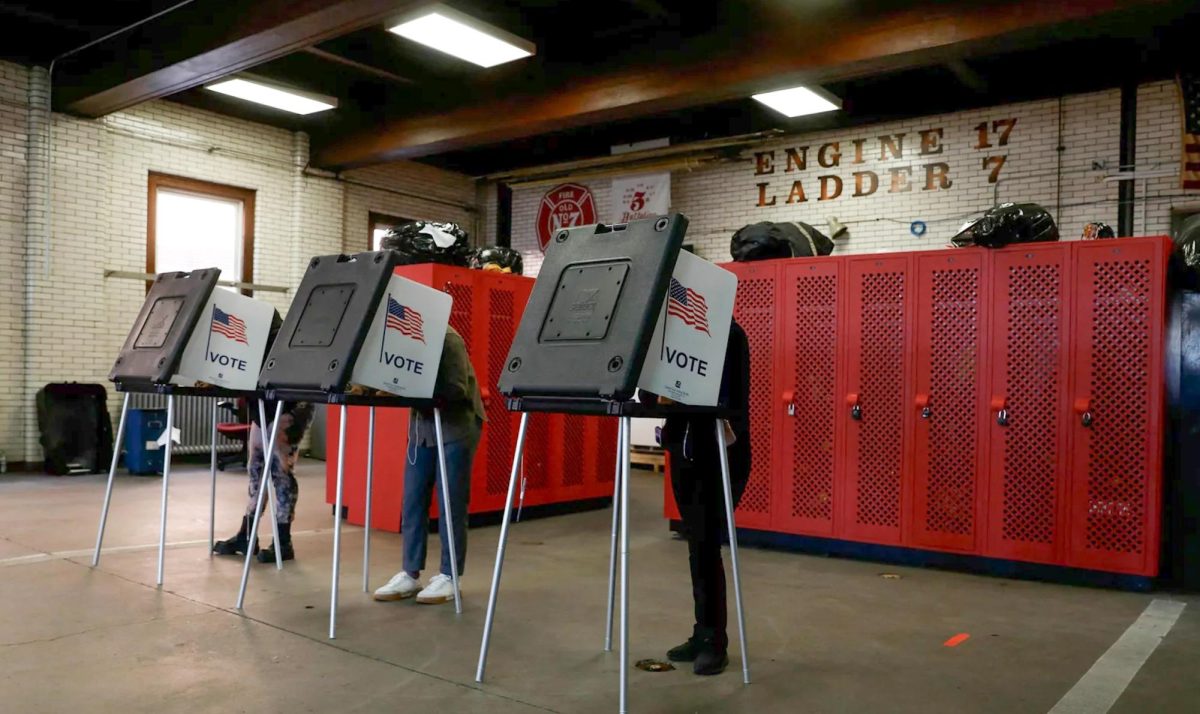Michigan Governor Gretchen Whitmer gave the 2024 State of the State Address on Jan. 24, inspiring hope and projecting reform for housing, education and road construction in the state.
The governor talked about her goals for tax relief. Whitmer noted there has been around a billion dollars of tax relief over the course of her time in office, but she wants that amount to increase, especially for caregivers. Whitmer also claimed that there is $522 billion worth of uncompensated care every year in the United States.
Ryan Virsik, president of Grand Valley State University College Democrats, agrees that this is a problem.
“This kind of tireless work simply cannot go unappreciated, and it’s time that they are recognized for their hard work,” Virsik said. “At a time where prices are high, money in the pockets of Michiganders is crucial.”
Whitmer is proposing a tax credit that could provide up to $5,000 by writing off caregiver expenses.
Reducing the cost of living was a key point in Whitmer’s proposed budget and a highlight of her address. Solving current housing issues are a major part of that aspiration.
“When I introduce my next budget, we are going to keep feeding students and lowering grocery bills for families,” Whitmer announced during the address. “The rent is too damn high and we don’t have enough damn housing.”
While this is certainly not something the governor can fix on her own, Whitmer is proposing to invest $1.4 billion into building new houses and rehabilitating existing ones, which would likely create more job opportunities in the state. She hopes to reduce the cost of utilities for Michigan residents and is promising a switch entirely to clean energy by 2040.
Virsik says the goal is ambitious, but noted that other states are making headway with comparable goals.
“Looking at states like California, New York, Hawaii, Connecticut, etc., they have similar goals and are well on track to achieve them, showing that it is a possible feat. That does not mean it isn’t going to be a huge undertaking, though,” Virsik said.
Student Ty Vanlerberghe, a member of GVSU’s Student Senate, said he is hopeful for the plan, although he hesitant about how the state can achieve a complete move to clean energy in Michigan.
“I feel that this plan largely depends on the next several state elections and whether or not future governors continue to keep the issue on (the) forefront and future state legislatures continue to appropriate money towards the cause,” Vanlerberghe said.
Another significant talking point in Whitmer’s address was education in Michigan. In recent years, per-pupil funding has been raised by 22% and about $500 million has been put toward school-related expenditures. However, in the governor’s eyes, there is more work to be done. Whitmer said she wants free pre-kindergarten schooling for all and hopes to make the first two years of community college tuition free in Michigan.
Vanlerberghe identifies with Whitmer’s educational goals, as he works for a STEM nonprofit with the goal of obtaining more funding for educational opportunities.
“As a first-generation college student, education is not something that my family or I take lightly,” Vanlerberghe said. “Having access to high-quality education is critical for developing a future of leaders.”
Whitmer concluded the address by citing her “Rebuilding Michigan” plan, which has successfully repaired nearly 20,000 lane miles of road and over 1,400 bridges. Whitmer said she is asking the Michigan Department of Transportation for $700 million to complete even more roadwork reconstruction and repairs.
Vanlerberghe said that changes across the state, like road repairs, take time and feels that residents should be patient with the process.
“The highway that I am most familiar with, I-69, seems to always have some sort of construction crew on it,” Vanlerberghe said. “I know that the process seems slow, but I feel like people need to understand that fixing state-wide infrastructure is a gradual process, not immediate.”
Whitmer plans to enact many plans for her remaining years in office. She pledges to live by the four word mantra repeated throughout her speech, “Let’s get it done.”






















